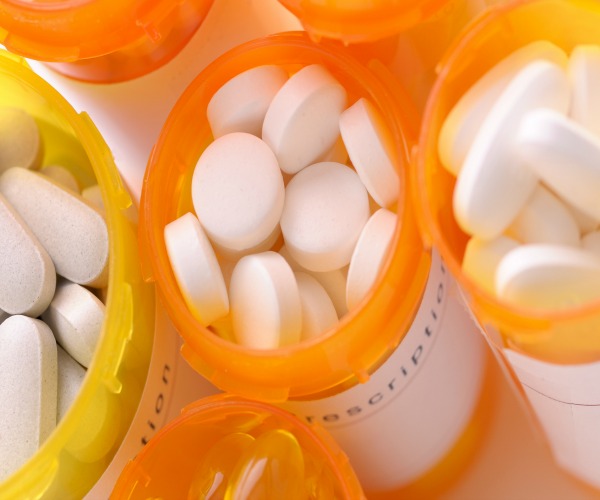Taking “fake” pills can ease pain – even if the patient knows they don’t contain actual medicine, a new study finds.
It’s long been thought that the reason so-called “fake” pills, or placebos, work is because patients believe they will. This is known as the "placebo effect." But this new research calls that belief into question.
An international team of researchers designed an experiment that involved 97 patients with chronic back pain, a condition that results in more disability than any other medical condition worldwide.
After all participants were screened and examined by a registered nurse practitioner and board certified pain specialist, the researchers gave all patients a 15-minute explanation of the placebo effect.
Then the participants were divided randomly into groups, a group that was getting their usual treatment (TAU) and the open-label placebo (OLP) group.
“Open-labeling” addresses longtime ethical dilemma, allowing patients to choose placebo treatments with informed consent.
The vast majority of participants in both groups (between 85 and 88 percent) were already taking medications – mostly non-steroidal anti-inflammatories (NSAIDS) – for their pain.
Participants in both the TAU and OLP groups were allowed to continue taking these drugs, but were required not to change dosages or make any other major lifestyle changes, such as starting an exercise plan or new medication, which could impact their pain.
In addition, patients in the OLP group were given a medicine bottle labeled "placebo pills" with directions to take two capsules containing only microcrystalline cellulose and no active medication twice daily.
At the end of their three-week course of pills, the group receiving the placebo pills reported 30 percent reductions in both usual pain and maximum pain, compared to nine percent and 16 percent reductions, respectively, for the other groups.
The group taking placebo pills also saw a 29 percent drop in pain-related disability. Those receiving treatment as usual saw almost no improvement by that measure.
"You're never going to shrink a tumor or unclog an artery with placebo intervention. It's not a cure-all, but it makes people feel better, for sure," says Ted Kaptchuk, joint senior author of the study, who is an associate professor of medicine at Harvard Medical School.
The study is reported in the journal Pain.
